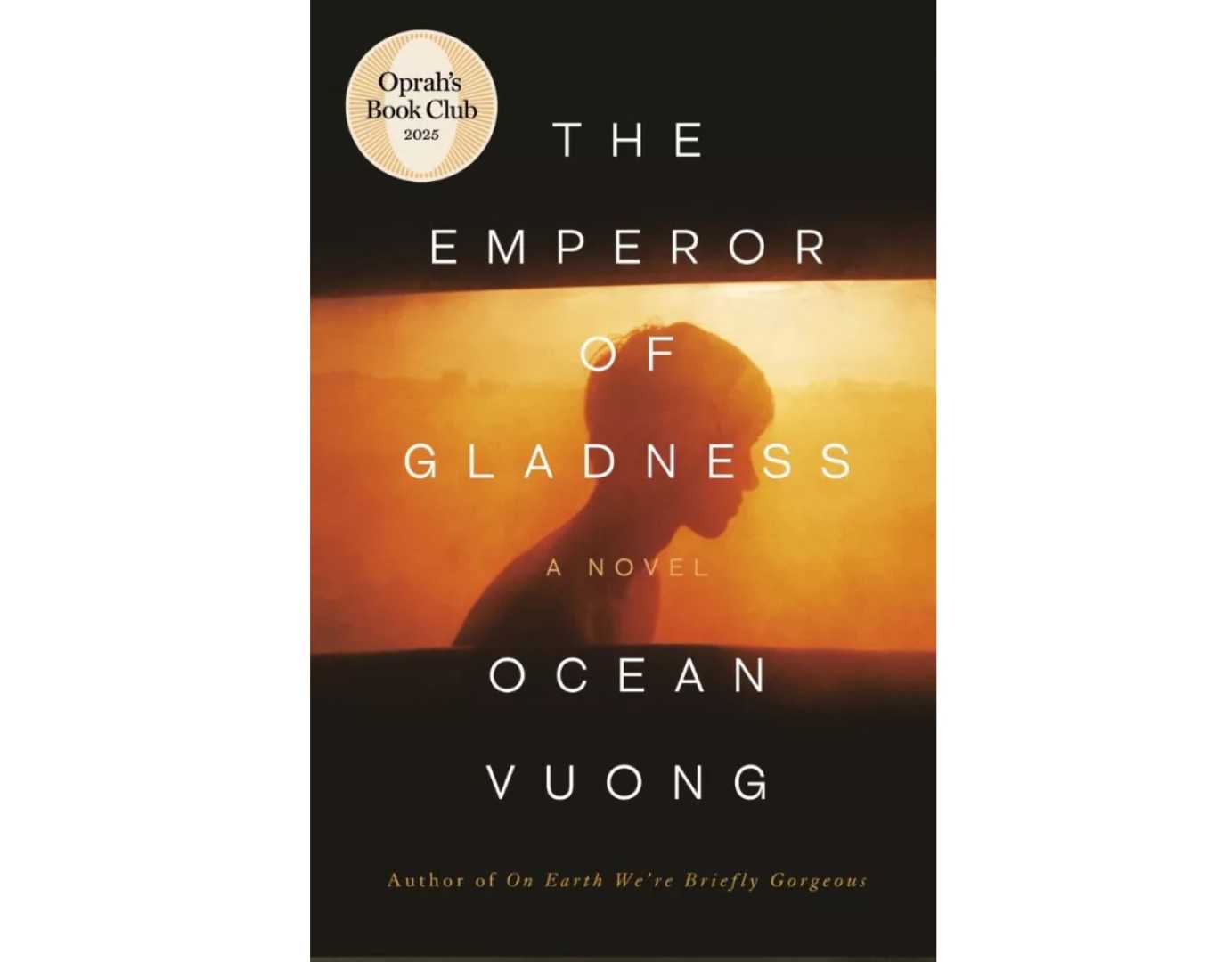Entertainment
Ocean Vuong’s Latest Novel Sparks Controversy Among Critics

Dublin, Ireland — Critically acclaimed author Ocean Vuong has released his latest novel, “The Emperor of Gladness,” to mixed reviews since its publication by Jonathan Cape. With a guideline price of £20, the book presents a poignant yet controversial narrative set in a decaying town in Connecticut.
The story follows Hai, a young man of Vietnamese descent, who contemplates suicide. His life takes a turn when an elderly Lithuanian woman named Grazina, in the early stages of dementia, intervenes and becomes his carer. Critics have pointed out that the relationship between Hai and Grazina serves as a vehicle for exploring deeper themes of despair and hope amidst the backdrop of a deteriorating America.
However, the novel’s prose has drawn sharp criticism. One reviewer noted that the writing alternates between flat descriptions and overly ornate language that detracts from the narrative. For instance, a line describing the birches is said to awkwardly mix imagery and grammar, leading to confusion.
Another contentious point in the book is a macabre description of roadkill that intertwines gruesome imagery with an attempt at poetic expression. Critics argue that Vuong’s commitment to a unique literary style may obscure rather than enhance the story.
Kevin Power, an associate professor of English at Trinity College Dublin and a novelist, expressed skepticism about the execution of the narrative, questioning whether the book was adequately reviewed before publication. As readers continue to engage with Vuong’s work, the divisive responses raise questions about the evolving nature of literary standards in contemporary fiction.
As debates about style and substance continue, “The Emperor of Gladness” remains a significant addition to Vuong’s bibliography, keeping readers and critics alike discussing the boundaries of literary creativity.












